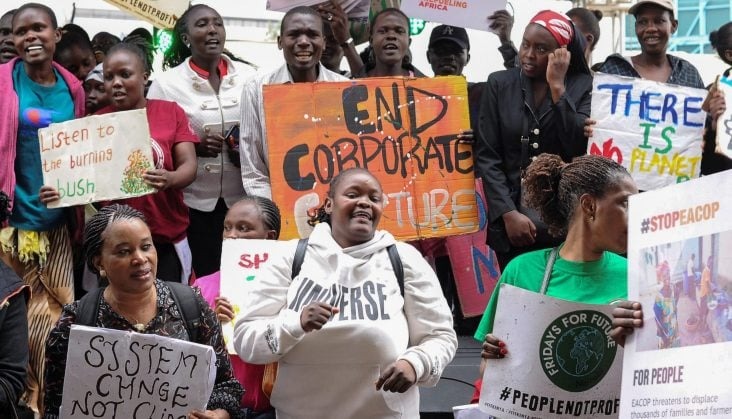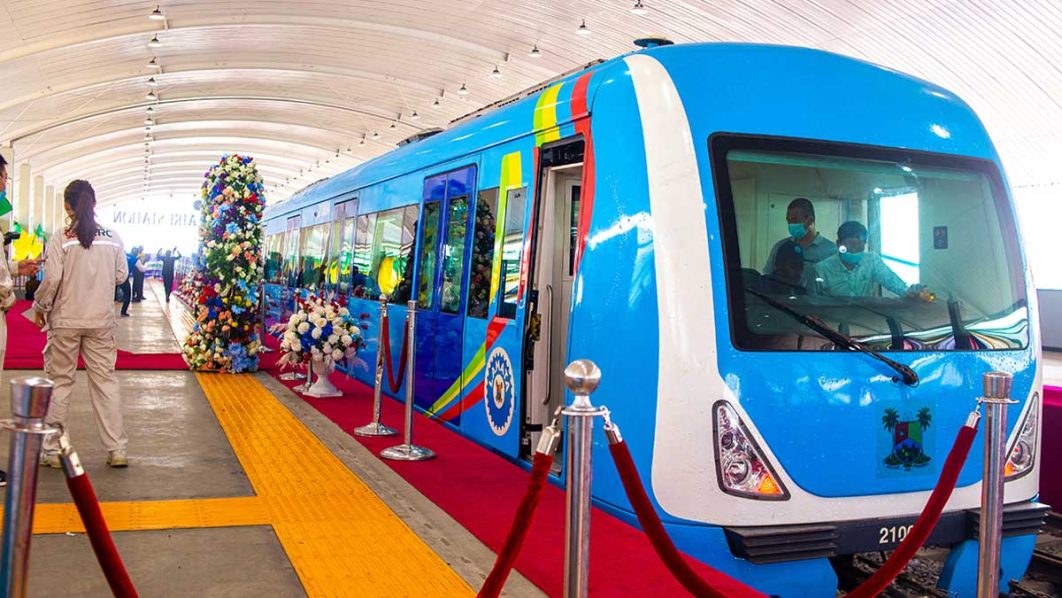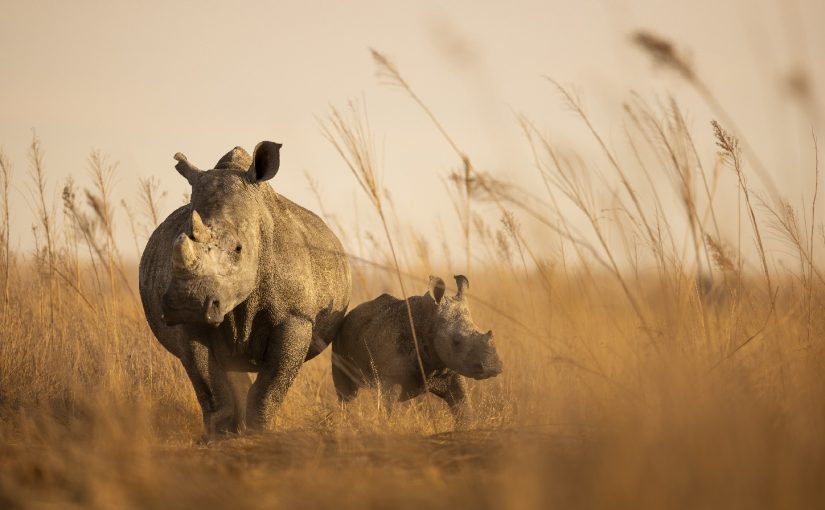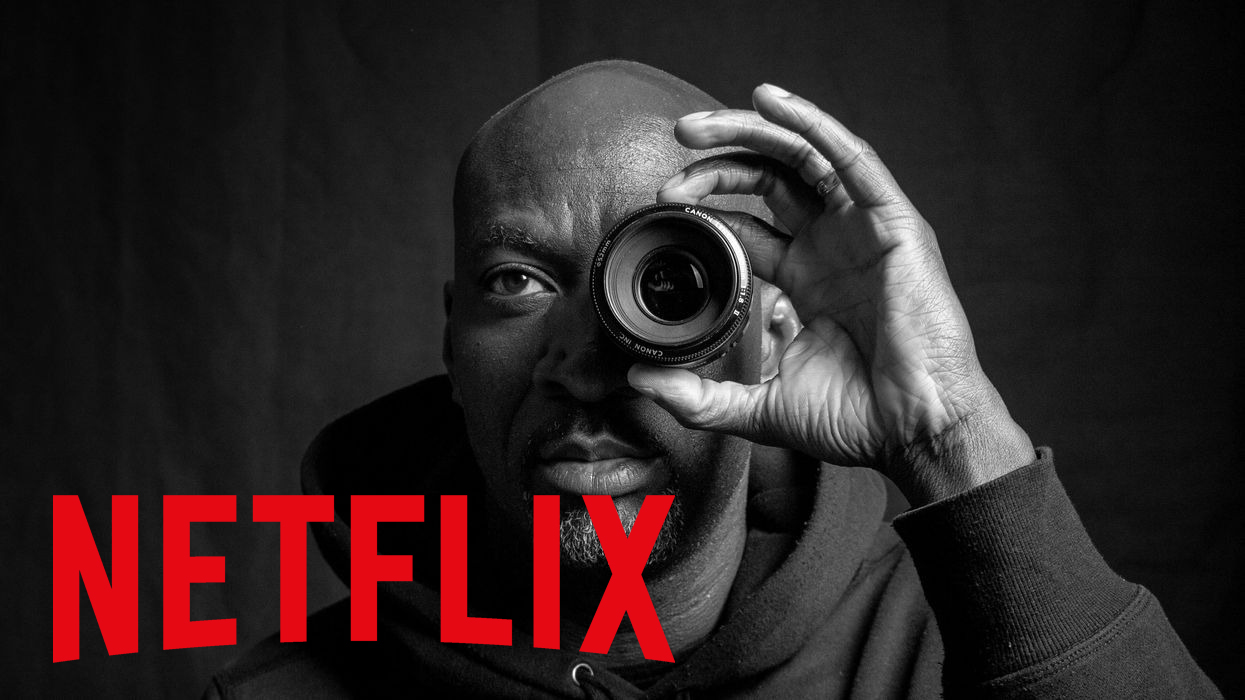Nairobi, Kenya, witnessed a ‘people’s march’ on climate as the African Climate Summit commenced on Monday, drawing attention to the continent’s climate challenges and concerns about the global agenda’s alignment with rich-nation interests.
The demonstrators, accompanied by a marching band, voiced their frustration with the expectations placed on African countries to adopt cleaner practices while facing a lack of promised support. The march highlighted the need for systemic reform and the criticism of carbon markets as a tool in climate action.
Babawale, an activist from Friends of the Earth Africa, called for the decolonisation of Africa’s energy system and a focus on systems change rather than climate change. Demonstrators also demanded the targeting of fossil fuels and an end to the neo-colonial scramble for oil and gas in Africa.
The African Climate Summit, which opened with a ministerial session and the presence of more than a dozen heads of state, seeks to amplify Africa’s voice on climate issues and secure greater financing and support. Young people have called for a stronger role in the process.
Kenyan President William Ruto emphasised the economic opportunities, mineral wealth, and shared prosperity that can arise from addressing the climate crisis. He urged the immediate delivery of the $100 billion pledged annually by rich countries to developing nations.
The summit has also seen protests against projects like the TotalEnergies-funded East Africa Crude Oil Pipeline in Uganda and Tanzania. Activists called for more subsidies for solar power to scale up renewable sources.
Africa faces substantial loss and damage due to climate change, projected to range from $290 billion to $440 billion from 2020 to 2030, depending on the degree of warming, according to the U.N.
While Kenya derives 93% of its power from renewables and has implemented measures like banning single-use plastic bags, it faces challenges such as deforestation for infrastructure projects and limited access to electricity for millions of Africans.
The summit is attended by prominent figures including U.S. climate envoy John Kerry and U.N. Secretary-General Antonio Guterres, who acknowledge the climate crisis’s impact on Africa and the need for action.
As the summit addresses climate issues, the continent’s leaders and activists continue to call for tangible commitments, meaningful change, and a fair global approach to combating climate change.










